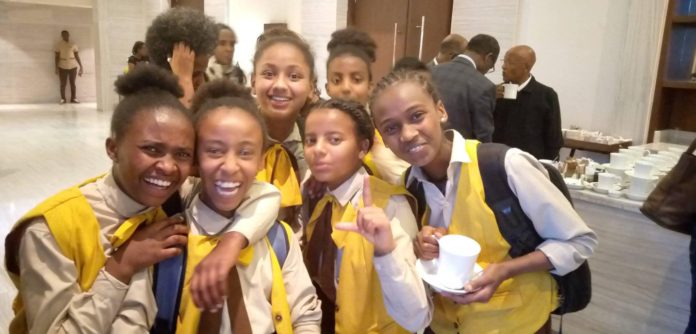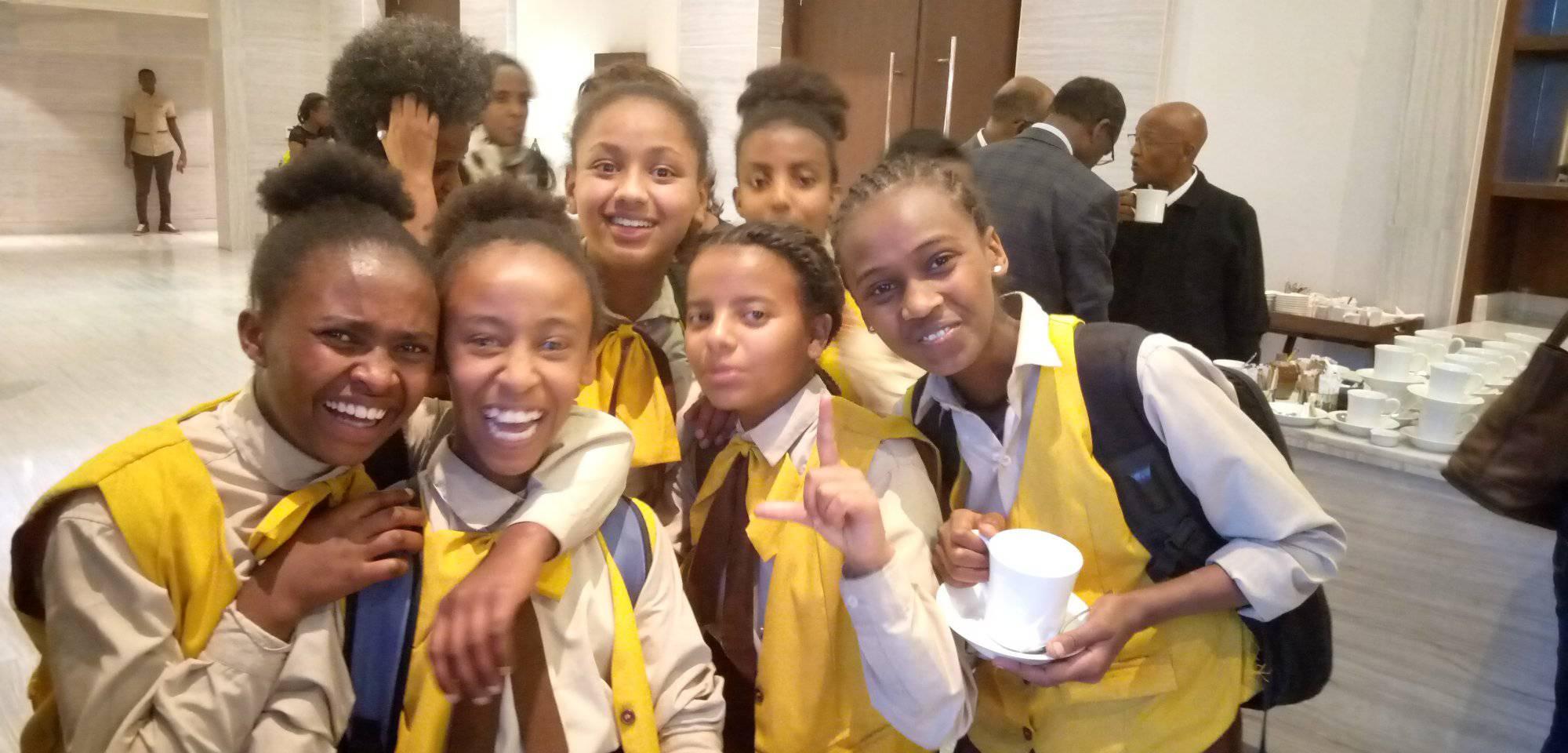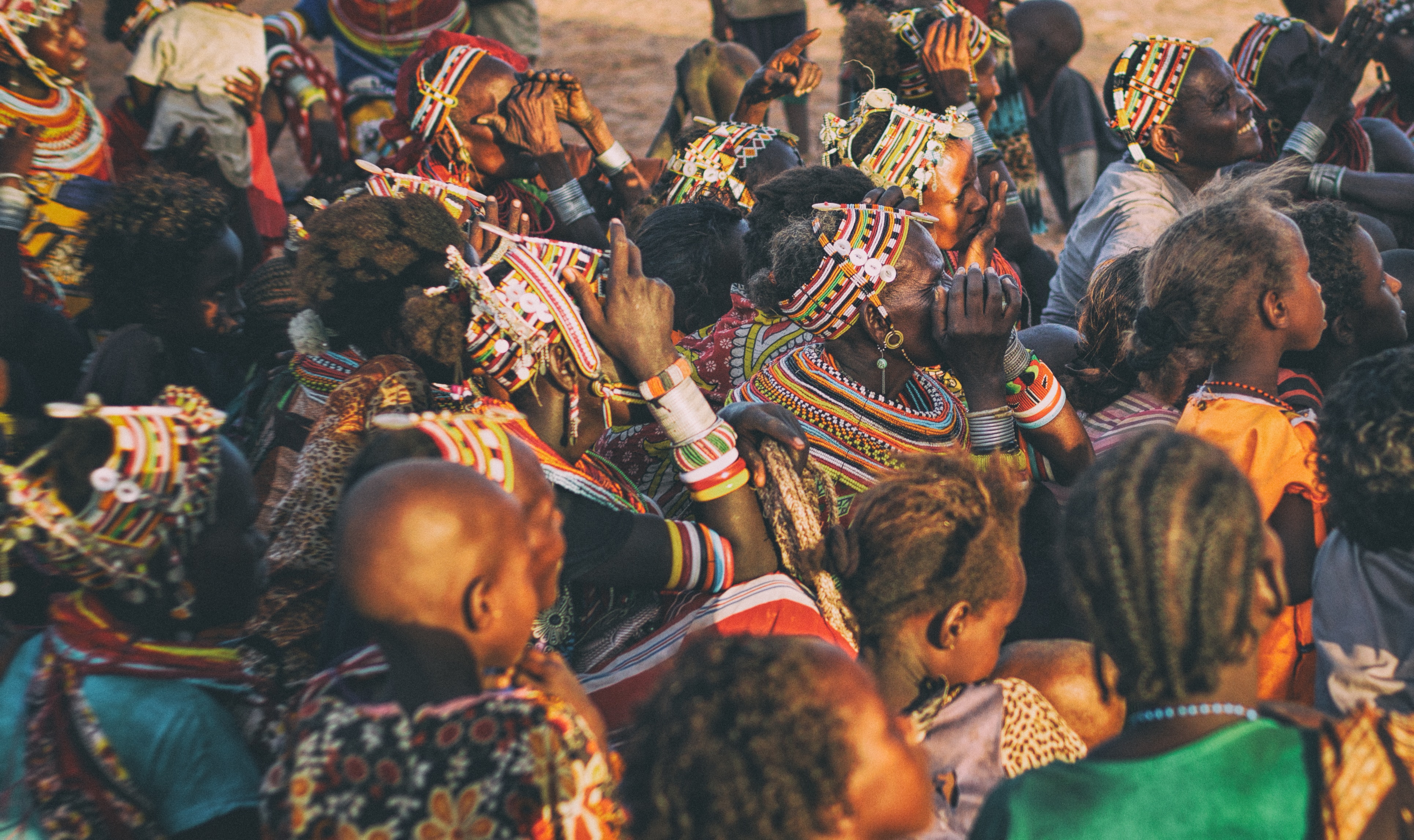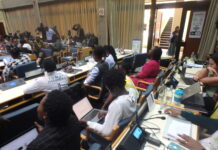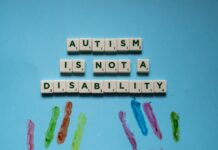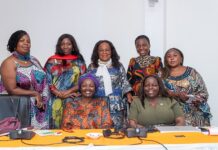By Sam Norgah
Freedom! A phenomenon that defines the very existence of every human being is guaranteed under various normative instruments globally. Freedom provides the platform for people to express themselves in ways that reflect their identity and personality.
This has not been the case for teenage girls, especially in Africa.
With the innovation of various platforms online, where teenage girls interact, a lot has happened in terms of freedom rights. Cyberbullying, online harassment among many other setbacks have seen many teenage girls become victims.
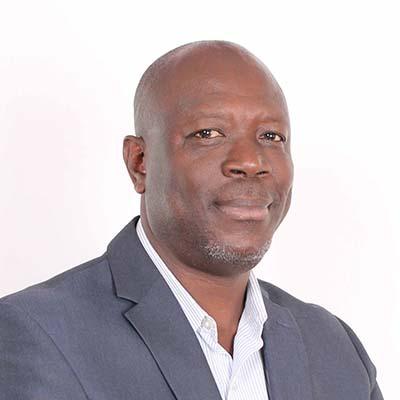
The concept of freedom transcends every human endeavor, ranging from choice, conscience, association, communication, expression among others. Because of the premium placed on freedom, it is important that all steps are taken to ensure that the fundamental tenets are safeguarded by legislative instruments.
The challenge we are confronted with, and the question that needs to be asked is whether these freedoms are equally enjoyed and guaranteed by all people.
In a report that was published by Plan International and the African Child Policy Forum in 2019, it was found out that girls remain the largest excluded group in the world.
They face abuse simply for being young and female, including additional circumstances and contexts that are anchored in social and gender norms. Gender-based discrimination, besides being a violation of human rights, has significant and harmful consequences for the wellbeing of girls and for the realization of the Sustainable Development Goals (SDGs) and Africa’s Agenda 2040 for Children.
In recognition of the disproportionate bias against girls through law, policy, and practice, and in the bid to raise global awareness of the multiplicity of challenges they face, the United Nations adopted a resolution in 2011 to declare October 11 as the International Day of the Girl Child, to recognize girls’ rights and the unique challenges girls face around the world. The day is celebrated to focus attention on the need to address the structural causes and consequences of gender-based violence and to call for the fulfillment of their human rights (including guaranteeing absolute freedom for girls).
Every year on 11 October, the International Day of the Girl, the UN launches an annual campaign with girls to amplify their voices and stand up for their rights. This year, under the theme, “My voice, our equal future”, Plan International, Save the Children, and the Swedish Embassy in Ethiopia jointly stand together with girls across the continent to seize opportunities to reimagine a better world inspired by adolescent girls – energized and recognized, counted and invested in.
As the world battles the global pandemic caused by COVID-19, our organizations do recognize the additional burden placed on girls and the further deprivation and erosion of the gains made in our fight for gender equality.
Studies have shown that the impact of COVID-19 has weakened both institutional and community-based child protection systems and have further exposed girls to various forms of abuse.
Education and safety networks have been greatly impacted and could see millions of girls drop out of school. As the impact of COVID-19 continues to restrict movement and face to face engagement, human interaction has increasingly turned to online, virtual, and social media platforms. The sad reality though is that, not only do girls have limited access to these platforms, they also face various forms of abuse and harassment online.
In commemorating this year’s theme of International Day of the Girl, our organizations do recognize that technology, online platforms, and social media have a multiplier effect in projecting girls’ voices for a better and stronger future and the realization of the AU Agenda 2063 (aspiration 2).
According to the 2019 Internet Watch Foundation (IWF) report, technology is a wonderful and powerful human invention, however, it has made it easier to harm children (especially girls). While technology empowers the abuse, the report also notes that the same technology can also stop it however, this requires very strict regulations and enforcement.
The internet and social media platforms are undoubtedly, very important tools to help girls raise awareness about issues that confront them and also provide an avenue for expressing themselves and for having fun.
These platforms have great potential for facilitating learning and experience sharing and breaks geographical and cultural barriers. In some cases, (though limited in the African context), these platforms create income generation opportunities and a conduit for networking and communication.
The potential of technology and innovation in promoting girls’ rights, girls’ empowerment, and their agency are phenomenal. As organizations working with and for girls, we support and promote the use of technology and responsible use of social media platforms to advocate for the rights of girls.
We have driven and brought about a change in the lives of girls through these electronic platforms and have also advocated for online safety to enable girls to express themselves, without any prohibition, fear, and retribution whilst they enjoy their freedom of expression online. As we commemorate this day, we would like to pay tribute to girls and young women, who have suffered abuse and harassment online.
In the preamble to the African Union Convention on Cyber Security and Personal Data Protection (Malabo Convention) the AU Member States expressed the need to establish a mechanism to address the dangers and risks deriving from the use of electronic data and individual records, with the view to respecting privacy and freedom while enhancing the promotion and development of ICTs in Member States of the African Union. The recognition by the Malabo Convention on the need to respect privacy and promote online freedom underpins our joint advocacy for adequate protection for millions of girls, who are abused and harassed daily and continuously on social media platforms
Girls are harassed just for being girls and it gets worse if they speak up about issues they care about. Race, sexuality, and disability are targeted too. Nowhere feels safe, and for many, online harassment that follows them into their homes, and invades their hearts and minds, is just as frightening, physically, and emotionally, as street harassment.
The two are interwoven – the result of underlying misogyny that is determined to keep girls and women “in their place.” Perpetrators who threaten rape and physical violence, use abusive and sexist language, post manipulated photos, and send pornographic pictures are able to remain anonymous and unconstrained; girls are often afraid, begin to restrict what they post, and are forced to try and protect themselves.
Online abuse of girls does not only infringe on their fundamental rights, it has far-reaching and negative consequences on their self-esteem and could result in trauma, stress, and depression.
Girls can realize their voices and equal opportunities only when their freedom to express themselves online is not hampered or deliberately curtailed through online abuse. In the 2020 State of the Girls Report which was published by Plan International, 58% of girls indicated that they have been harassed online. This staggering number is not only worrying but could potentially drive more than half of the girls from the use of social media platforms.
There have been calls on the major social media platforms notably, Facebook, WhatsApp, Instagram, Twitter, TikTok to do more to address online harassment and particularly put in place measures to curtail the practice.
There have also been calls for stronger legislative instruments to bring perpetrators to book. The effort put in place to curtail online harassment by social media platforms does not go far enough to protect girls online. Girls want to be free, they want to be able to engage online and enjoy all the benefits that can be derived on these online platforms. More needs to be done and have to be done with a sense of urgency.
As we gather again to celebrate girls and what they represent, our three organizations: Plan International, Save the Children and the Swedish Embassy in Ethiopia stand in solidarity with girls in Africa and resound our unwavering support and recognition of girls’ voices and equal future. Whilst standing tall with girls, we would like to collectively:
- Call on social media platforms to do more to guarantee the safety of girls whilst using their platforms. We do appreciate the effort they have put in place to curtail abuses on their respective platforms however, these don’t go far enough and we call on them to do more, more urgently and more sooner than later
- Call on AU Member States to ratify the Malabo Convention on Cybersecurity as a matter of urgency and put in measures to protect the safety of girls online and adequately resource state institutions that have been mandated to fight cyber crimes
- Call for stronger and stricter legislation to counter and hold perpetrators of online abuse to account (including those who benefit from it)
- Strengthen reporting mechanisms and platforms for victims to be able to report abuses in safe and secure environments
- School curricula should incorporate cybersecurity and provide psycho-social support to victims of abuse
We wish all African girls, a happy and fulfilling International Girls Day!
Sam Norgah is the Director of Plan International African Union Liason Office.

